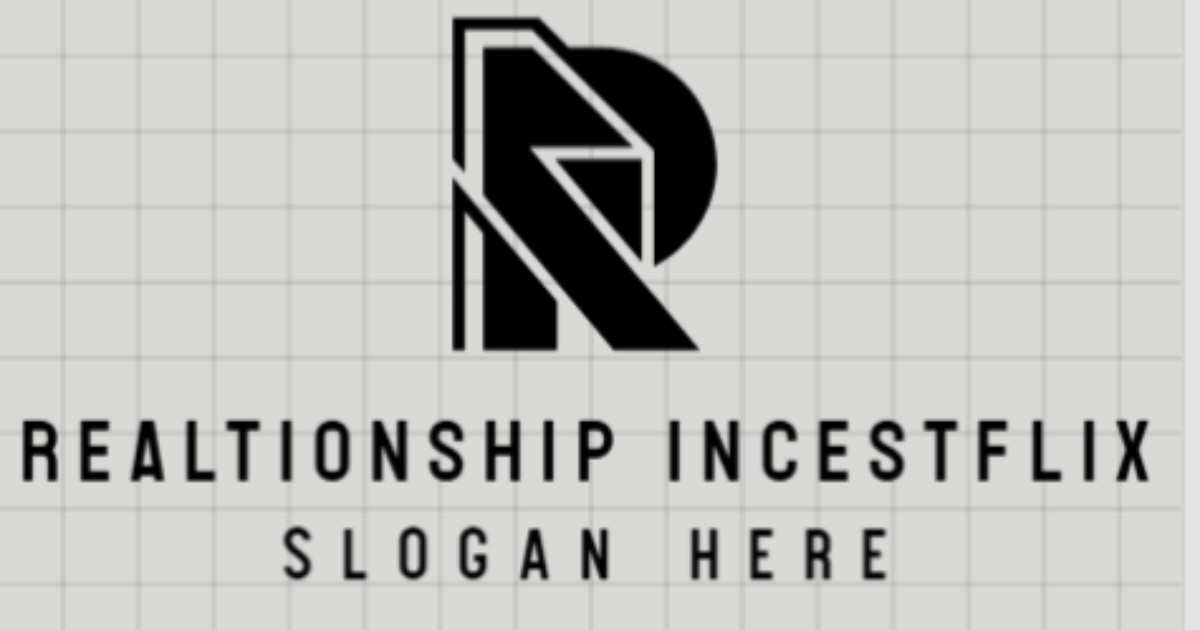Understanding Relationship Platforms
In a world increasingly driven by technology, relationship platforms have emerged as pivotal tools for connecting people, fostering communication, and building networks. Whether used for personal relationships or professional growth, these platforms redefine how we interact and maintain connections in the 21st century.
What Are Relationship Platforms?
Relationship platforms are digital spaces designed to foster connections among individuals, groups, or organizations. These platforms include social networking sites, dating applications, and professional networking tools. By bridging gaps between people across geographical boundaries, relationship platforms have transformed the way we form, sustain, and manage relationships.
The significance of these platforms lies in their ability to facilitate meaningful interactions in a fast-paced, technology-driven world. From reconnecting with old friends to meeting potential partners or collaborating with industry peers, these tools offer endless opportunities.
History of Relationship Platforms
The journey of relationship platforms began decades ago with the advent of the internet. Early platforms, like bulletin board systems (BBS) and forums in the 1980s, provided users with basic tools for communication. The 1990s introduced platforms like Six Degrees, which allowed users to create profiles and connect with friends, marking the birth of social networking.
As technology advanced, platforms like MySpace, Facebook, and LinkedIn emerged, each catering to specific needs. The 2010s saw the rise of niche dating apps, professional networks, and even hobby-specific communities. Today, relationship platforms are powered by sophisticated algorithms and artificial intelligence, making them more personalized and effective than ever before.
Types of Relationship Platforms
Relationship platforms are categorized based on their primary purpose. Here’s a breakdown:
- Social Media Platforms: Facebook, Instagram, incestflix, and Twitter enable users to share updates, connect with friends, and join communities.
- Dating Platforms: Apps like Tinder, Bumble, and Hinge focus on romantic connections, often using algorithms to suggest compatible matches.
- Professional Networking Platforms: LinkedIn is a leading platform for building professional relationships, sharing expertise, and job hunting.
These categories continue to expand as platforms evolve to cater to diverse needs, from niche hobbies to mentorship opportunities.
How Relationship Platforms Work
At their core, relationship platforms rely on algorithms that analyze user data to recommend connections. These algorithms consider preferences, behaviors, and interests to provide personalized experiences.
Key features include:
- Matching Systems: Common in Relationship apps, these use criteria like location, interests, or professional goals to suggest connections.
- Communication Tools: Messaging, video calls, and group chats are standard, fostering seamless interaction.
- Engagement Metrics: Likes, shares, and comments help measure user activity and strengthen connections.
These elements ensure platforms remain user-friendly and effective in building and maintaining relationships.
Benefits of Using Relationship Platforms
Relationship platforms offer a host of benefits:
- Global Connectivity: They eliminate geographical barriers, enabling users to connect worldwide.
- Networking Opportunities: Whether for personal or professional purposes, these platforms help expand one’s network.
- Time Efficiency: Finding potential connections is faster and more targeted than traditional methods.
- Access to Diverse Communities: Platforms bring together people with shared interests, values, or goals.
For individuals and businesses alike, these platforms serve as valuable tools for growth and collaboration.
Challenges of Relationship Platforms
While the advantages are compelling, relationship platforms come with challenges:
- Privacy Concerns: The collection and use of personal data raise significant privacy issues.
- Mental Health Impact: Overuse or negative interactions can contribute to anxiety, depression, or loneliness.
- Misinformation and Scams: Users must navigate fake profiles and misleading information carefully.
Addressing these challenges requires a combination of user awareness and robust platform policies.
Choosing the Right Platform
Selecting the ideal relationship platform depends on your goals. Consider these factors:
- Purpose: Are you seeking friendship, romance, or professional connections?
- Features: Look for platforms with tools that align with your needs, such as advanced search or detailed profiles.
- User Base: Ensure the platform caters to your demographic or interest group.
By evaluating these criteria, you can maximize your chances of finding meaningful connections.
Top Relationship Platforms in 2024
Several platforms stand out in 2024 for their innovative features:
- LinkedIn: The go-to for professional networking, offering tools like skill endorsements and job searches.
- Tinder: A leader in dating apps with its intuitive swiping mechanism and robust user base.
- maxxfour.com: Known for its versatility, it supports social connections, group interactions, and business promotions.
Exploring these platforms reveals their unique advantages and suitability for different purposes.
The Role of Technology in Enhancing Platforms
Technology plays a critical role in the evolution of relationship platforms:
- AI and Machine Learning: These technologies power personalized recommendations and fraud detection.
- Data Security Innovations: Advances in encryption and privacy controls protect user information.
- Augmented Reality (AR): Emerging AR tools promise immersive experiences for virtual meetings or events.
Such innovations ensure that platforms remain relevant and secure for users.
Monetization Models of Relationship Platforms
Relationship platforms typically rely on two main revenue streams:
- Subscription Models: Platforms like LinkedIn Premium offer advanced features for a monthly fee.
- Ad-Supported Models: Free platforms generate revenue through targeted advertising.
These models allow platforms to sustain their operations while offering varied user experiences.
Ethical Considerations
Ethical challenges include data privacy, misinformation, and algorithm bias. Platforms must comply with regulations like GDPR and implement policies to combat unethical practices.
Success Stories: How Platforms Changed Lives
Relationship platforms have facilitated countless success stories, from reconnecting long-lost friends to creating lifelong partnerships. For example, a small business owner may find clients through LinkedIn, while a couple might meet and marry after connecting on a dating app.
Future of Relationship Platforms
Looking ahead, we can expect:
- Greater integration of AI for hyper-personalized experiences.
- Growth of niche platforms catering to specific communities.
- Improved focus on mental health and user well-being.
These trends indicate that relationship platforms will remain vital in shaping human connections.
FAQs About Relationship Platforms
What are relationship platforms?
They are online spaces designed for building personal, romantic, or professional connections.
Are relationship platforms safe?
Most platforms invest in security, but users should stay vigilant against scams or breaches.
Which platform is best for networking?
LinkedIn is widely considered the best for professional networking.
Can I use multiple platforms?
Yes, many people use a combination of platforms for varied purposes.
Do platforms charge fees?
Some offer free access, while others have premium features available for a fee.
How do platforms handle data privacy?
Most adhere to strict privacy policies and comply with legal regulations.
Conclusion: Navigating the World of Relationship Platforms
Relationship platforms have revolutionized the way we connect and communicate. By understanding their benefits, challenges, and best practices, you can leverage them to enrich your personal and professional life. Embrace these tools wisely to build stronger, more meaningful relationships.

